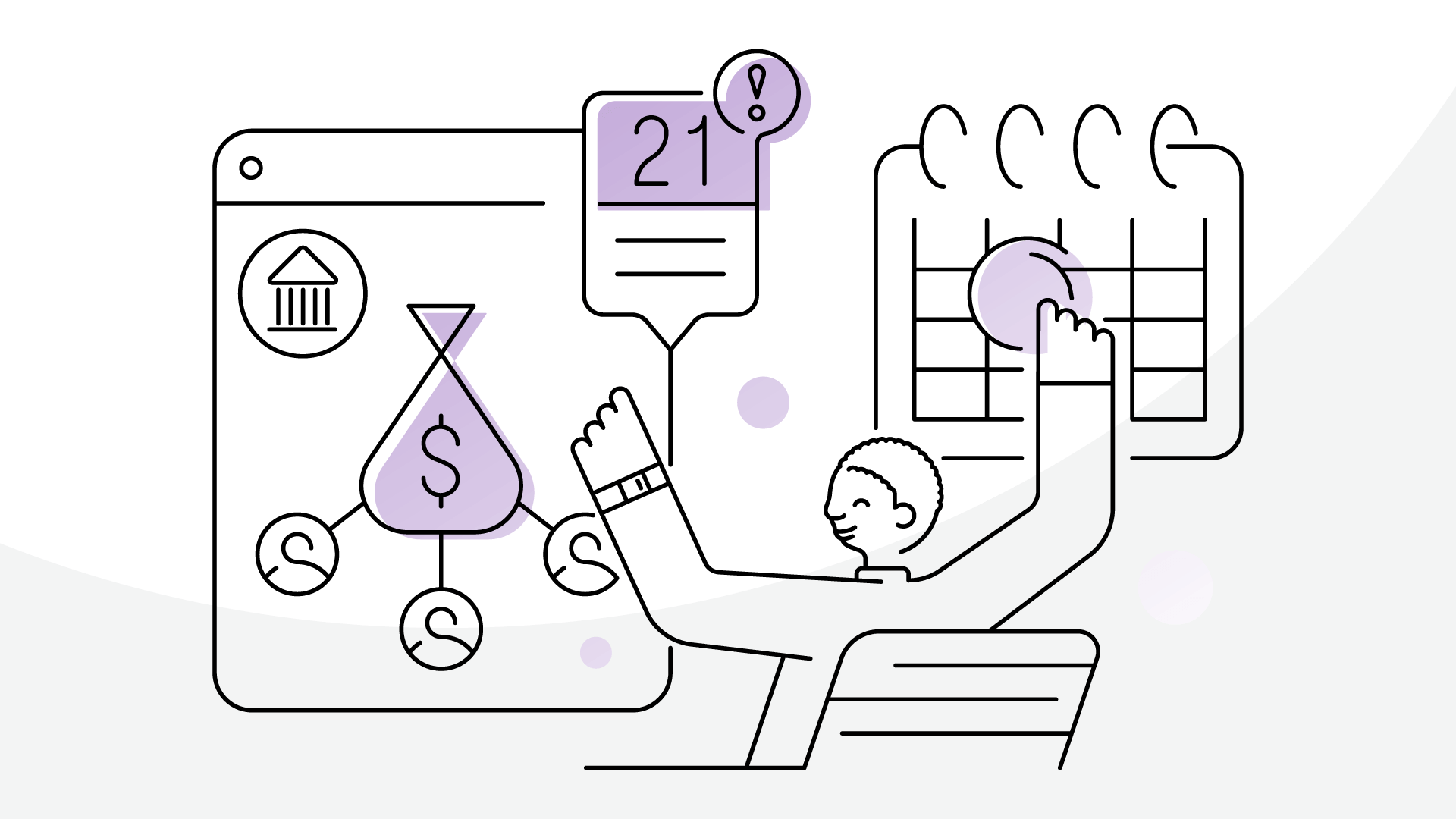As people start to settle in after the Covid-19 pandemic, the conversation is turning to the impact made on companies and their employees. What has the pandemic taught us about the future of HR and payroll?
A number of operational HR and payroll limitations have emerged and many companies recognise that their payroll and HR processes need improving.

Covid-19 has tried and tested HR and payroll
Outdated IT systems using manual and inefficient HR processes, are no longer a fit in the post-pandemic world.
Besides all else, they’re proven to be fraught with data inconsistencies. They lack the visibility and analytics capabilities needed to make strategic corporate decisions in the 21st century.
In a short period of time, entire workforces started working from home. For many, this has been a huge challenge both operationally and in terms of people management.
The great work from home success divide
It became evident, very quickly that companies that already had their Human Resources Information Systems (HRIS) “in the Cloud” were able to adapt quickly and easily to remote working. Business continuity happened like clockwork.
However, organisations with more traditional payroll infrastructures had significan challenges and lags to the effectiveness of their Business Continuity Plans (BCP).
Those employees are still working from the office and/or using payroll systems are hosted in their own data-centers.
Major payroll continuity and compliance risks through Covid-19
As a result of having neither laptops or adequate internet access, many companies were not able to operate and access systems safely from employees’ homes.
There were even potential risks associated with having on-premise systems. These are tied to a physical infrastructure and may lack the security, scalability and redundancy standards provided by an external Data-Center service.
Beyond IT issues, processes directly linked to HR and crucial to management, were revealed as wholly inefficient putting the whole payroll process at risk.
The business case for outsourced payroll has presented itself
Companies that still carry out payroll processes internally have been significantly affected compared to those that have outsourced their payroll.
Some organisations, unable to operate the payroll remotely, found it difficult to comply with their payment calendars. They were unable to react in time to the frequent regulatory changes most governments were releasing because of the crisis.
Key colleagues with specific knowledge of the processes were unable to work due to illness or family/personal conflict. Their knowledge was not thoroughly documented and/or the corresponding replacement was not clearly defined.
The advantages of outsourcing payroll are notable
Companies able to demonstrate a degree of resilience are those that have outsourced payroll processes. This not only frees up HR teams from a transactional task, but ensures the payroll processes run, regardless. SLAs are met. Reporting is completed. Regulatory changes are implemented, and the list goes on.
Furthermore, because the payroll system is cloud-based, it is extremely agile. It can scale up or down as the business needs change. And for repetitive tasks, these can be automated, leaving resources to focus on the challenges presented by the external changes.
For further process security, these also store digital documents and run analytics to detect and potential data flaws.
The human case for outsourcing payroll
Never before has HR been so thoroughly tested. Above and beyond the day to day running of a workforce, they were now involved in the movement of a massive multi-country workforce to the safety of working from home.
This involved a lot of change management, process changes, but also mental and social well-being factors. Not all homes are suitable for working under normal circumstances and so temporary fixes needed to be made.
It continues also to be important to keep up the motivation and productivity of people at a time that is so unprecedented.
The future of work is happening now!
The pandemic has forced organisations to change. It has also taught us to trust people, to really know that we can rely on each other. It has also proven in many cases that people can work well from home.
Even under the toughest of circumstances, your loyal workforce continues to perform. Many business leaders will be looking to repay this loyalty by reviewing flexible working policies and looking at how more people can work from home.
There are also obvious capital and operational cost savings to be had from remote work, something all business are going to have to manage moving forward.
Originally, this model of working was predicted to become the norm by 2025, however the pandemic accelerated that timeline. For many organisations virual work is now relatively straightforward.
As we start to move towards the new normal, HR will be highly involved in the stragegies and management of the future of work that arrived rather quicker than most of us had predicted!


